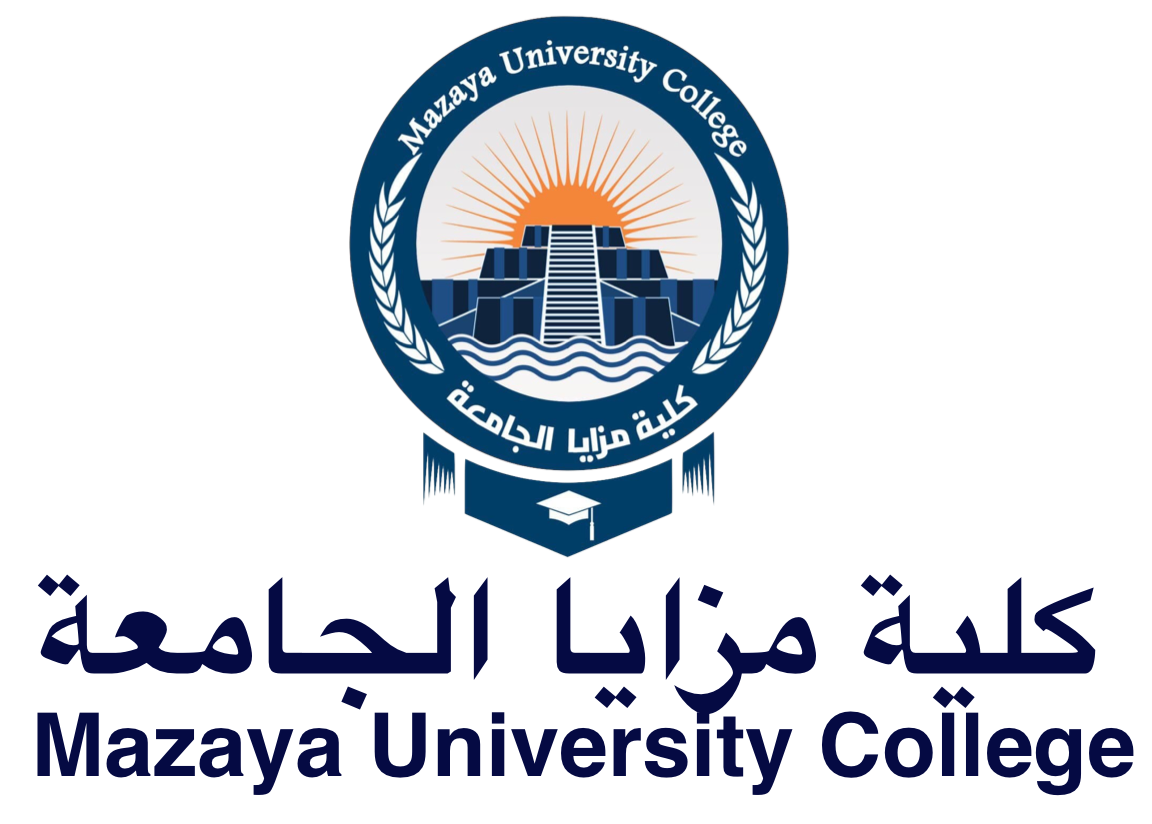
Financial Accounting (1) -
by Dr. Prof. Saoud Jayed Mashkour Alamryالمساهمون
د. عباس جمعة جايد
Financial Accounting (1)
The accounting function and the need for accountant services have developed through three main stages, represented by accounting being a tool to serve project owners, management, and society. As long as accounting is the product of legal, economic, and social circumstances, changing these circumstances requires reconsidering the scientific and practical principles included in accounting.
The accounting function is concerned with providing scientific and technical services to multiple and diverse users to help them in the process of making their operational, administrative and financial decisions. This accounting function is embodied in recording, classifying and summarizing the economic events and activities carried out by companies by submitting financial statements and reports.
Accordingly, those interested in the accounting field must conduct a comprehensive study of the terms of financial accounting in the form of successive and consistent stages in which accounting principles are the first stage to provide a clear understanding and vision of the basics on which accounting principles are based, in addition to studying the processes of recording, transferring, balancing and preparing financial statements and reports using a large group of applied exercises.
This makes the practical aspect, along with the intellectual framework, a factor that helps students studying and interested in acquiring sufficient skills to practice accounting and how to benefit from its outputs in a direction consistent with modern technological development. The theoretical aspect on which the principles of financial accounting are based must be enhanced by the automated aspect (computer) that has become the prevailing feature of accounting work in our contemporary world. This book deals with combining theoretical principles and scientific application through a contemporary view of the problems of commercial companies' operations and finding numerous applications to address these problems. In addition, this book was prepared in a scientific manner that is consistent with the scientific level required for our dear students in university education.
